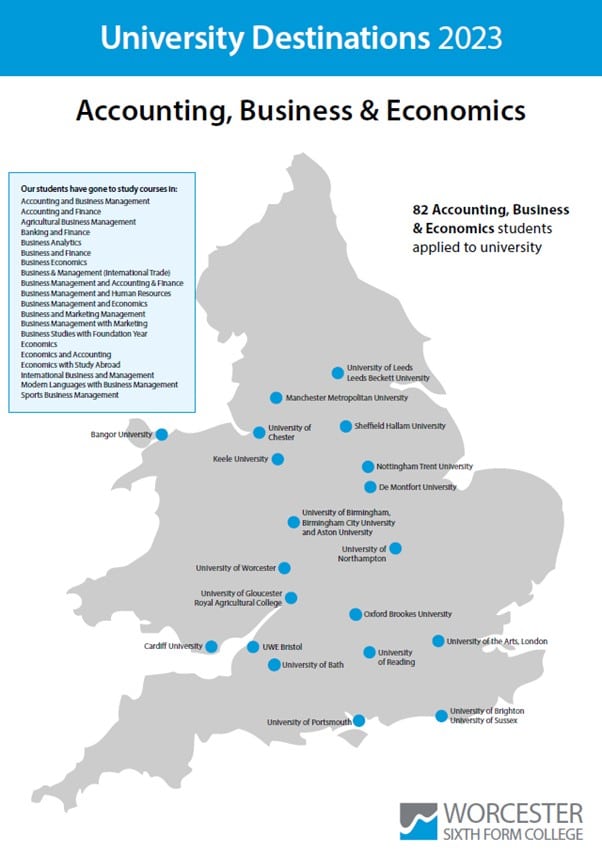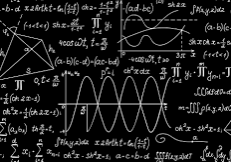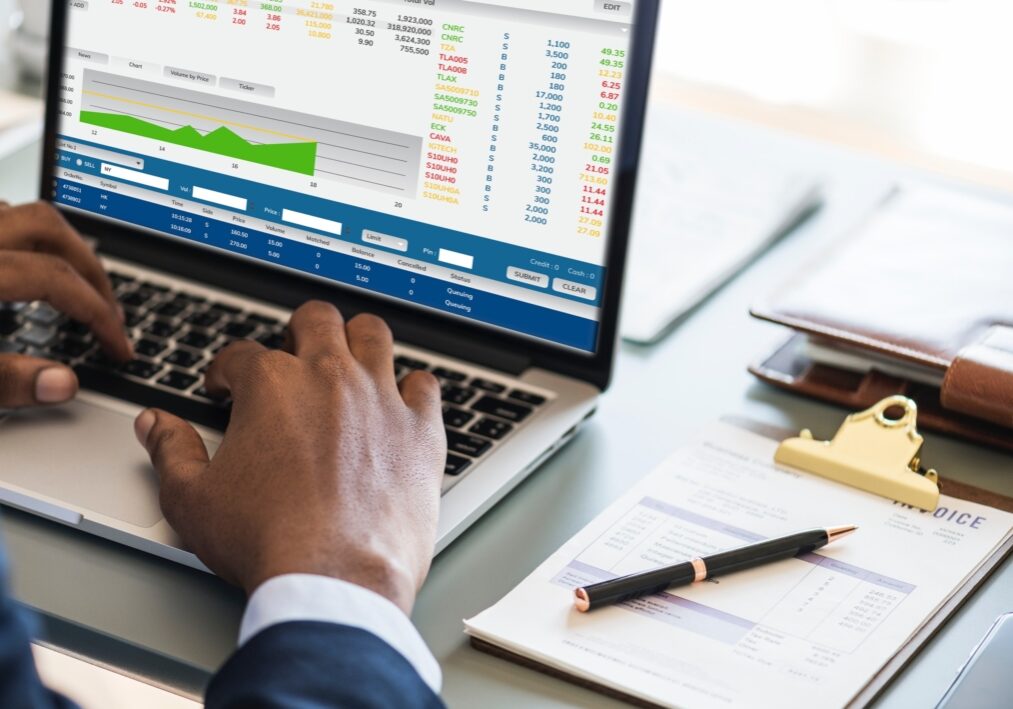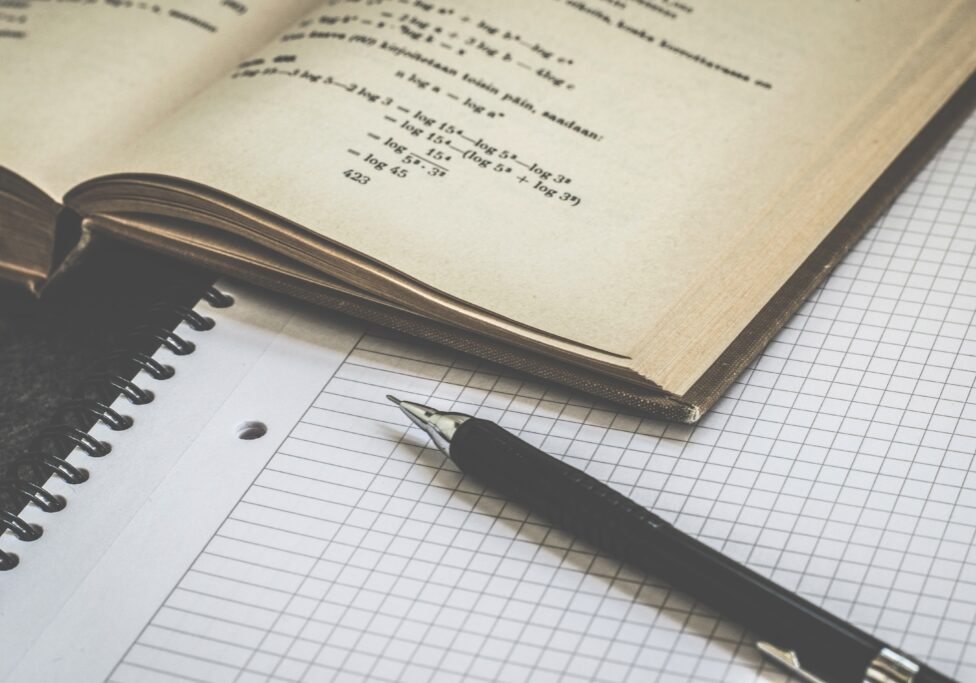Why Study Economics?
Economics is a highly regarded academic subject which is valued by both employers and universities. It develops skills which complement science, social science and arts subjects. Economics involves the study of the actions of individuals, firms and the Government. The course is split into two separate sections, Micro Economics and Macro Economics. You will cover these sections in various topics including economic growth, inflation, unemployment and the labour market. You will also study the international perspectives including international trade, globalisation, poverty, and the environment. You will also learn how to apply economic theory to the analysis of ‘real world’ economic issues such as:
- What effect will Covid-19 really have on the UK and global economy in years to come, including youth employment, travel, house prices, university places etc?
- How are wages set and why do they change?
- How can the government help create jobs or reduce inflation?
- How can we control the negative aspects of economic growth such
as pollution? - How have Donald Trump’s policies affected the world?
The Economics A Level is assessed by three examinations at the end of Year 2. These have a mixture of short questions to test analytical skills and essay questions which require the analysis of economic issues in greater depth.
Why Study Economics at Worcester Sixth Form College?
A variety of teaching and learning strategies are employed including lectures, discussion, debates, role-play activities, computer games and simulations. We offer trips including Economics conferences, the opportunity to compete in national competitions and revision conferences
Progression Opportunities
As well as being equipped to handle modern life with a broad knowledge, there are a number of university choices and career options where having A Level Economics is preferable or, in some cases, absolutely necessary. Economics shows you have the ability to analyse and understand economic subjects, as well as having a sound financial knowledge and essay-writing skills.
Many students decide to study Economics at university either alone or combined with other subjects such as Maths/Statistics, Languages and Social Sciences.
Economics graduates are amongst the most highly paid and many go on to finance, accountancy, banking, retail and business-related careers.

Sam Aris

Course Specifics / Entry Requirements
| Qualification Name | Maths GCSE Req. | English GCSE Req. | Other Req. | Desirable Qualifications | Skills & Attributes Required for Success | Guidance on Costs or Commitments |
|---|---|---|---|---|---|---|
| Economics | 5 | 5 | 5 GCSE’s at grade 5 or above. | Interpret data through graphs. | Optional revision conferences approx. £20 |
Related Courses / Activities

Duke of Edinburgh

Maths Academy

Professional Programmes

Young Enterprise

Accounting A Level

Business A Level

Further Mathematics A Level



